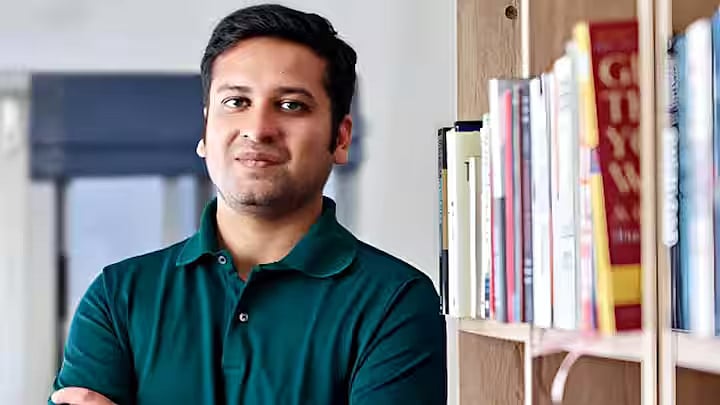Last year in March, when the Indian government announced the closing of schools, colleges and universities after COVID outbreak, it forced the education system to go digital. Teachers and students adapted to the new normal. However, later, the online teaching made it difficult for teachers to keep the learners engaged and participative.
Question + Answer = attentiveness
While the physical presence of a teacher keeps students attentive, virtual classes make it difficult for students to retain more from what they have learned during a session. But, teachers have successfully devised ways to motivate students. Dr Sumedha Soni of Amity University asks multiple questions during the session.
“I would ask if they have already read about the topic. Or how would they rate the topic. I also ask them to raise their hands on agree and disagree questions. This keeps them alert,” says Dr Soni. Science teacher Prasad Thakur has been taking online classes since last year. He delivers one lecture every day through live streaming.
“Initially, it was difficult to keep students engaged because there was too much distraction. I asked them to switch off their phones (if on laptops) or turn off the notifications and turn on their videos so that they can feel the presence of a teacher and be engaged,” says the professor, who ensures the session is interactive. “I set the tone in the first five minutes and every student is attentive that I will ask questions or give them a quick task in between the class,” says Thakur.

Keeping them engaged
There is no doubt that ensuring student engagement and focused learning outside the classroom can be a challenge, especially when students have their phone and other distractions around. While tools such as Google Meet, Zoom, and Skype have ways to hold interactive communication, it is up to the teacher to ensure healthy and effective learning in a virtual setting.
Dr Gulshan Gidwani, principal of St Mira’s College in Pune, too chose to hold classes online after COVID lockdown was imposed last year. “We wanted to utilise the period for productivity. And to keep the students attentive, our teachers are advised to give feedback and appreciation in each class. This keeps students active and engaged,” says Dr Gidwani.
Campus experience online
On a virtual medium, it may be difficult to gauge how students are faring. Dr Bhavya Soni, a management professor, has always followed story-telling and activity-based sessions. “Initially, it was difficult to follow that online, but I have worked out the way of it. I ensure to tell a story and engage them in virtual activities like sending them some pictures or data related to the topic to decode. Whoever wins gets no gift but it’s a distraction for them and at the same time it conveys the information as well. Connecting individually is important,” says Dr Soni.
It may sound odd that future dentists are making paintings or sketches during a virtual class. But, Dr Maneesha Nair follows this technique to keep her students motivated. “I give them tasks to draw sketches. Students have to make models of mouth and teeth for their practical exams, and I ask them to draw that on pages at times. Not everyone’s drawing is perfect so it becomes a fun class for them,” says Dr Nair.
“I also encourage them to draw their dream clinic or tell stories about their first visit to a dentist or if any dentist inspired them to take up dentistry. I share my stories as well which I believe make our bond stronger,” she says.
Saturday’s class with psychology professor Dr Priya Supekar is no less than a college campus event. She tells us that when students started missing dressing up and going out, she decided to keep one day for fun. “I was most distressed when kids were losing hope. And being a psychology professor, I understand their psyche better,” says Supekar, who keeps Saturdays for activities.
“Sometimes, it is best-dress day or theme-based dressing. Some weeks, we have a storytelling session. One weekend, we even did a modelling session. At times, I divide them into pairs and encourage them for one-on-one online counselling,” says Dr Supekar. Dr Soni also has a Saturday class fixed to discuss the ongoing events across the world.
“We mutually decide a topic and I mostly avoid pitching distressing topics. I also want them to be aware of social and political issues. Our topic for the last week was women journalists and their rights in Afghanistan after Taliban captured the country,” adds the management professor. While the pandemic forced us all to adapt to the changes, teachers have played a significant role in helping students and parents adapt to the digital switch.
How to make online lessons fun:
Stay healthy and charged
Stay focused
Stay connected
Motivate your class
Bring lessons to life
Connect with students individually












